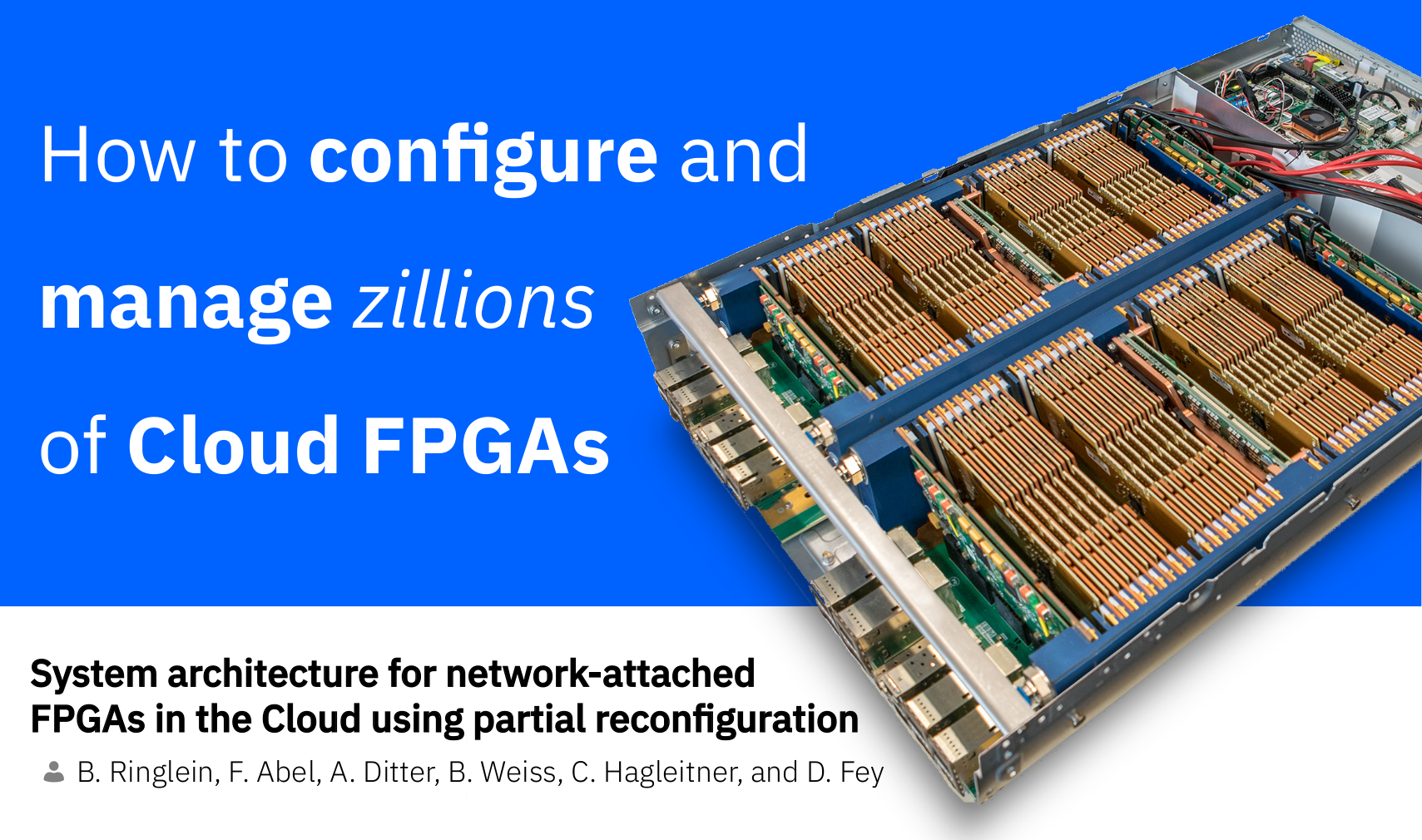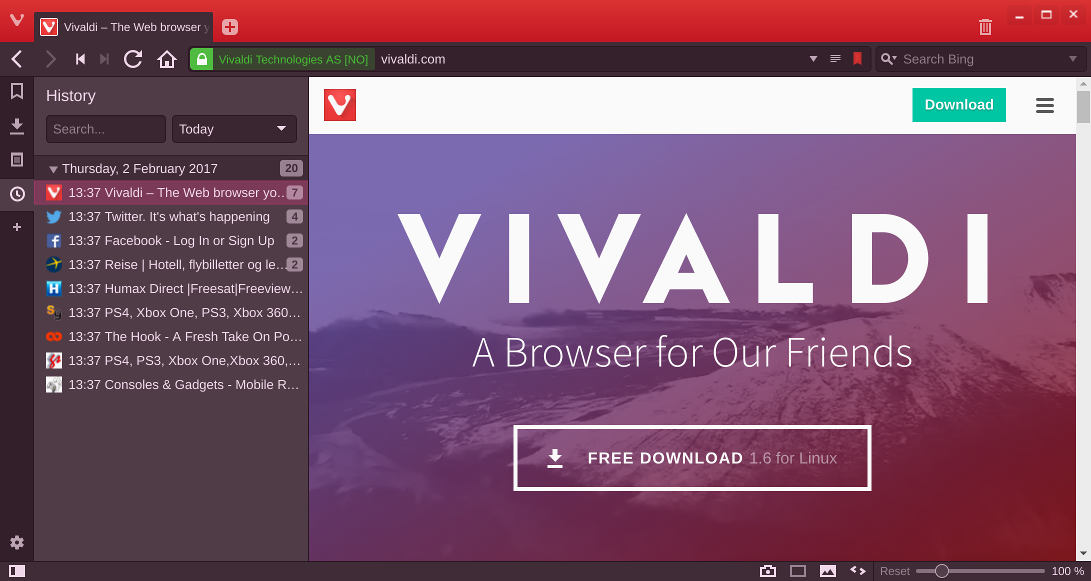Search files with grep
In a programmers live, you need a recursive file search nearly every day. Of course, this is possible without a heavy IDE and with a simple but useful bash one liner: $ grep "pattern" -HniR ./path/to/dir The options in detail: H printing the filename of the match n print also the line number i for a case *in*sensitive search R for recursive Of course, this can also be combined with grep regular expressions.
Posted
#CaffeeLog #Linux







